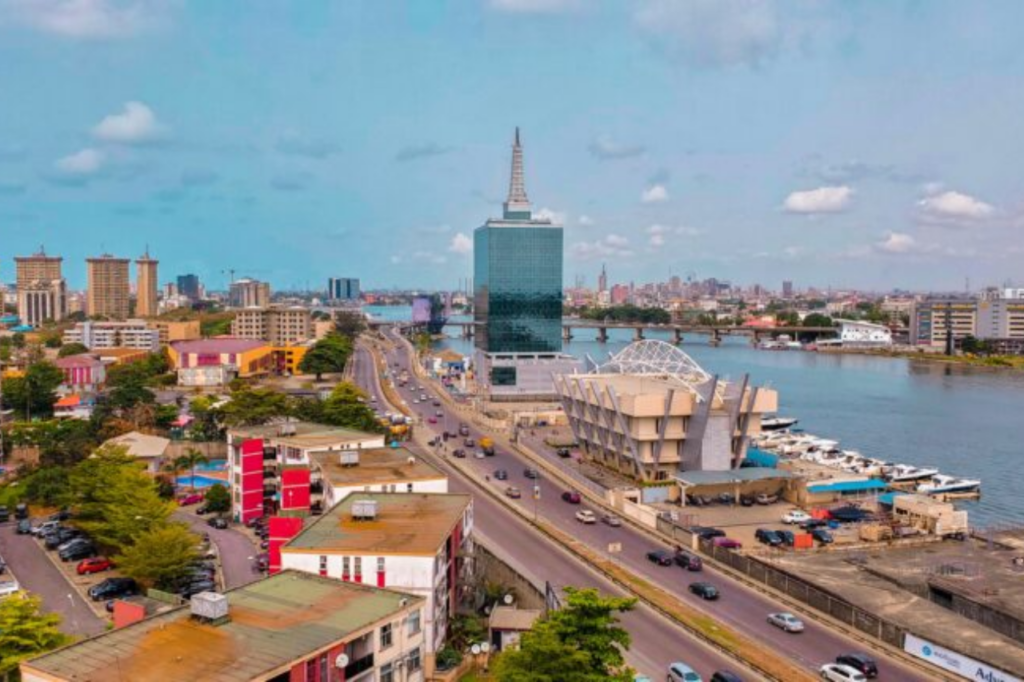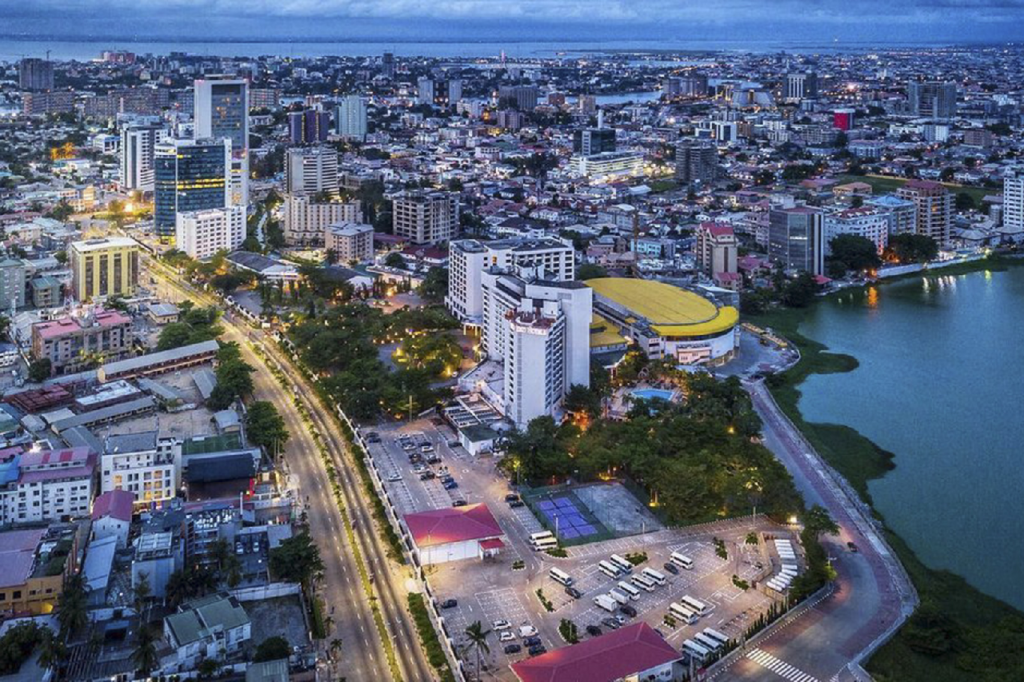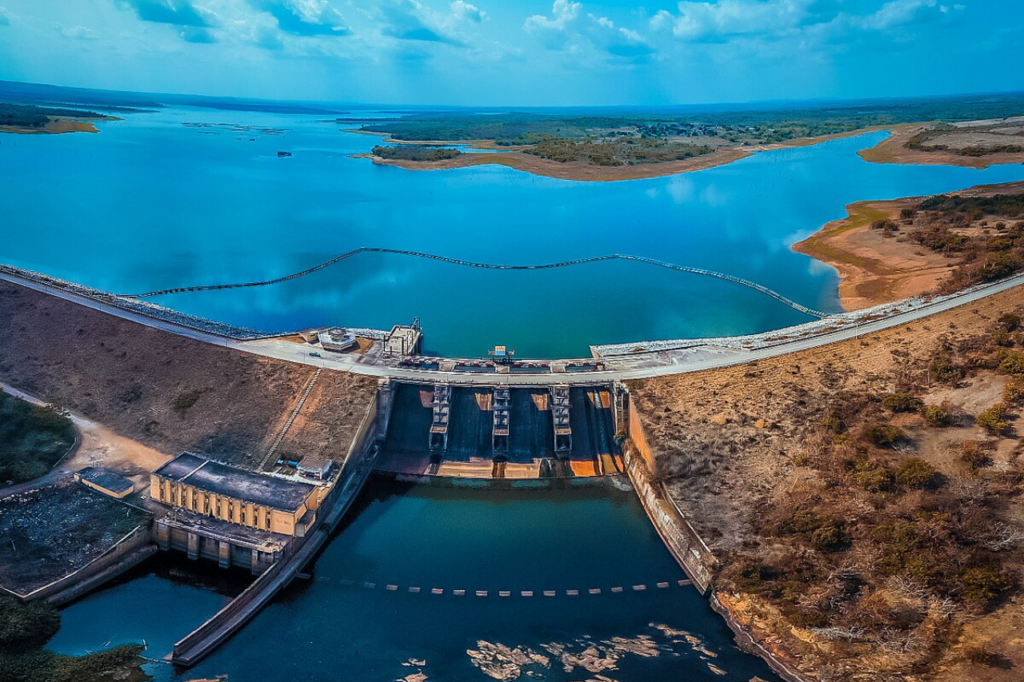Relocating to or investing in Nigeria is a complex endeavor, often fueled by patriotism and a desire to contribute to the nation’s growth. However, it’s essential to approach this decision with a clear-eyed view, considering both the potential rewards and significant challenges.
A Land of Opportunities and Frustrations
While Nigeria offers immense potential, the reality is a complex web of bureaucratic hurdles, infrastructure challenges, and economic uncertainties. Many diasporans have shared stories of failed ventures and disheartening experiences, often attributed to corruption, inefficiency, and a lack of reliable infrastructure.
The AfCFTA: A Double-Edged Sword
The African Continental Free Trade Area (AfCFTA) presents a significant opportunity for Nigerian businesses to expand into the African market. However, to fully capitalize on this potential, Nigeria must address its internal challenges and create a more conducive business environment.
Why Invest in Nigeria? A Critical Assessment
The decision to invest in Nigeria is a multifaceted one. While the potential rewards are significant, the risks are equally substantial. To make an informed decision, potential investors must carefully consider the following factors:
- Profit Potential: Assess the long-term profitability of your venture, considering factors such as market size, competition, and economic stability.
- Risk factors: Evaluate the political, economic, and security risks associated with doing business in Nigeria.
- Ease of Doing Business: Consider the bureaucratic hurdles, infrastructure challenges, and regulatory environment that may impact your business operations.
The Communication Conundrum: A Major Hurdle
One of the most frustrating aspects of doing business in Nigeria is the unreliable telecommunications infrastructure. Frequent network outages, slow internet speeds, and poor customer service can significantly hinder business operations.
Tips for Navigating Nigeria’s Communication Challenges:
- Invest in a Reliable Mobile Network: Choose a network provider with good coverage and stable service.
- Consider a Mobile Broadband Router: This can provide a more reliable internet connection, especially in areas with poor cellular coverage.
- Backup Plans: Have multiple communication channels, including satellite phones and international SIM cards.
Conclusion
Despite the challenges, Nigeria remains a land of opportunities for those who are willing to navigate its complexities. By understanding the risks and rewards and taking proactive steps to mitigate challenges, you can increase your chances of success.



